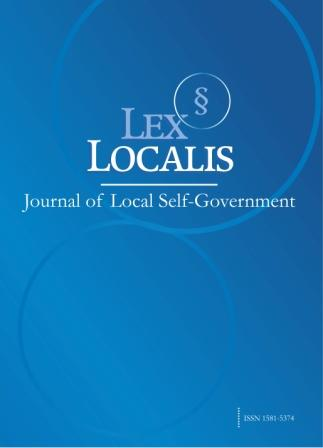Interest-Driven or Major-Driven? The impact of Elective and Core Courses on Ecological Civilization Literacy of college students
DOI:
https://doi.org/10.52152/800175Keywords:
Ecological literacy; Pro-environment behaviour; Environmental attitude; Good health and well-being; Quality educationAbstract
College students’ ecological civilization literacy (ECL) plays a vital role in advancing societal sustainability. This study categorized ECL into four dimensions: ecological knowledge (ECK), cognition (ECC), attitude (ECA), and behavior (ECB). Each dimension consisted of four topics that were scored to quantify the level of ECL. College students were classified into three groups: those majoring in ecology or environment-related fields (Mee), those who have taken elective courses related to these subjects but do not major in them (Electives), and those who neither majored in ecology or environment-related fields nor took any related elective courses (Non-Mee). The results showed significant variations in ECL among college students with different educational backgrounds. Specifically, the scores of ECC, ECA, and ECB were significantly higher in the Electives group compared to both the Mee and Non-Mee groups. This highlights the importance of elective courses related to ecology or environment in enhancing ECL. Furthermore, employing a structural equation model demonstrated that ECC had a direct impact on ECA, which subsequently influenced ECB. These findings emphasize the need to optimize university curricula to enhance the ECL of college students, including increasing elective courses that are closely connected with society, up-to-date, and highly attractive.
Downloads
Published
Issue
Section
License
Copyright (c) 2025 Lex localis - Journal of Local Self-Government

This work is licensed under a Creative Commons Attribution-NonCommercial-NoDerivatives 4.0 International License.








